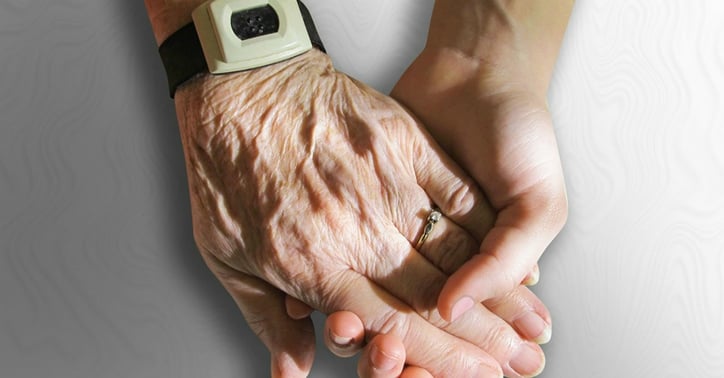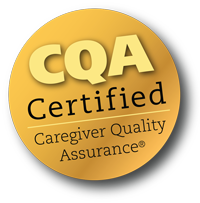 We perform a variety of activities every day. These include cooking, cleaning, bathing, dressing, or grooming. We don’t realize how much we do them until, suddenly, we need help with them.
We perform a variety of activities every day. These include cooking, cleaning, bathing, dressing, or grooming. We don’t realize how much we do them until, suddenly, we need help with them.
People may view these routine tasks as challenges as they get older or develop specific medical conditions. They may also think this means they must move out of their home and live in a facility.
However, people have a choice. They can choose to live in a facility, or they can choose healthcare in their home.
The Care Ring Involved In Home Healthcare
Successful home healthcare means cultivating strong relationships with great communication. That’s because a number of participants are involved in the communication and coordination for someone who requires home care. In fact, the Agency for Healthcare Research and Quality lists 13 roles that can be grouped into healthcare professionals, patients’ family members, and systems representatives like us. They connect in what the AHRQ calls a care ring.
With so many people involved in the care of our family members, it is crucial that accurately and timely communication and coordination exists between all people in the care ring to prevent rehospitalization.
Prevent Rehospitalization With Thorough Communication About Home Healthcare
Readmitting a patient to a hospital is costly. That’s why the Affordable Care Act introduced in 2012 the Hospital Readmissions Reduction Program, which penalizes hospitals who readmit people who rely on Medicare due to certain conditions.
The Kaiser Family Foundation’s analysis of research found that hospitals can prevent readmission by “clarifying patient discharge instructions, coordinating with post-acute care providers and patients’ primary care physicians, and reducing medical complications during patients’ initial hospital stays.”
In other words, the KFF says that coordinating and communication are at the foundation of care.
The Role Of Medication In Home Healthcare
First, improper medication is often at the center of the main reasons why rehospitalizations occur. It may be that medications are not taken properly, new medications are not filled, previous medications are not stopped, or patients are put on duplicate medications.
Whatever the case may be, a home health referral means that a registered nurse will review the patient’s medications with the patient and the family so that the patient takes the correct medicine at home.
How Therapy Coordination Helps Home Healthcare
Another way to prevent patients from being rehospitalized is by coordinating therapy. Clients are often deconditioned or weakened after a hospital stay, and a home health therapist will assess a home for safety and whether that home is suitable for patients performing those activities of daily living. The therapist may recommend adaptations to the house, which could include installing items like shower bars or toilet risers.
Successful communication between therapist, patient, family members, and others in the care ring has a higher likelihood of preventing a hospital readmission.
Nursing’s Role In Caring For Clients
Finally, nurses help prevent rehospitalization by providing unique services that loved ones may not be able to, such as assessing vital signs, managing medicine, or treating a wound or illness. Any of these cases could require nurses to communicate any problems to a physician.
As you can see, administering healthcare at home requires coordination and communication. Our healthiest clients enjoy a care ring rooted in relationships that provide the best possible results.




















